Bryson Stott’s recent exclusion from the Phillies’ lineup for the second time in three games—both against left-handed pitchers—has sparked speculation about whether second base is becoming a platoon position.
Edmundo Sosa has been given the start in Stott’s place for four consecutive games against southpaws, including three straight starts at second base.
Manager Rob Thomson addressed the situation, indicating that while it might seem like a platoon arrangement, he envisions Stott as a regular fixture.

“I think once Stott finds his rhythm, he’ll be capable of hitting left-handers consistently. For the most part, I see him as an everyday player,” Thomson stated.
Stott has been struggling remarkably over the past two months, with a batting average of .200 and an OPS of .669 in 188 plate appearances since late May. His performance has led to a drop in his season batting average to .235.
Conversely, Sosa has been in solid form during limited play in July, hitting .350 with a double and two RBIs. His performance against left-handed pitchers has been especially impressive this season, with a .315/.390/.575 line in 82 plate appearances.
Thomson noted, “Sosa’s current form is impressive, and we need to keep Stott engaged as well. Stott will find his way back; it’s just a matter of time. Meanwhile, Sosa is performing exceptionally well.”
Looking ahead, the Phillies will face at least two right-handed pitchers in their upcoming series against the Twins, Bailey Ober and Simeon Woods-Richardson.
They are also scheduled to encounter mostly right-handed pitchers in their homestand against the Guardians and Yankees. With the trade deadline approaching, the Phillies are managing platoons in left field with Brandon Marsh and Weston Wilson, in center with Johan Rojas and Cristian Pache, and temporarily at second base with Stott and Sosa.
Thomson commented on the potential challenges of relying on platoons in the playoffs, noting, “Relying on Sosa, Wilson, and Pache for a playoff opener against a left-handed pitcher might not be the ideal strategy.”
Regarding possible trades, Thomson showed faith in the front office’s efforts but preferred to remain uninvolved in the decision-making process. “I trust that the front office is diligently working on potential moves, and I prefer not to be involved in those discussions,” he concluded.

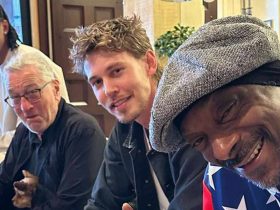

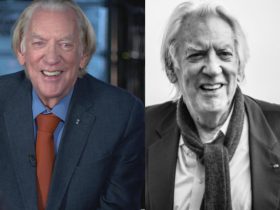
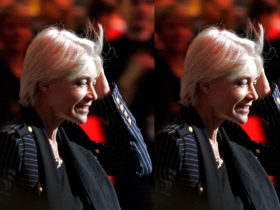





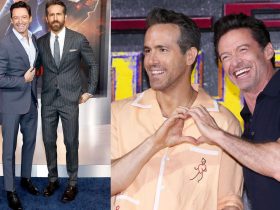
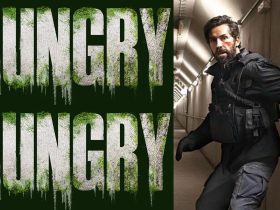

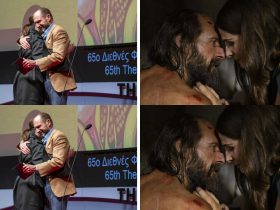

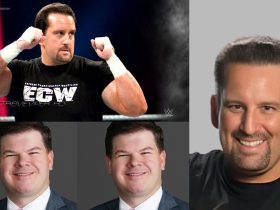

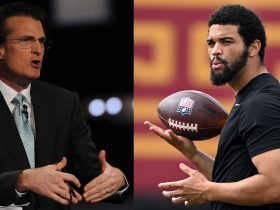

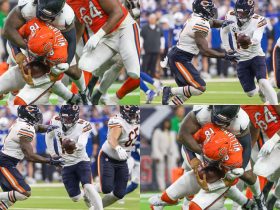
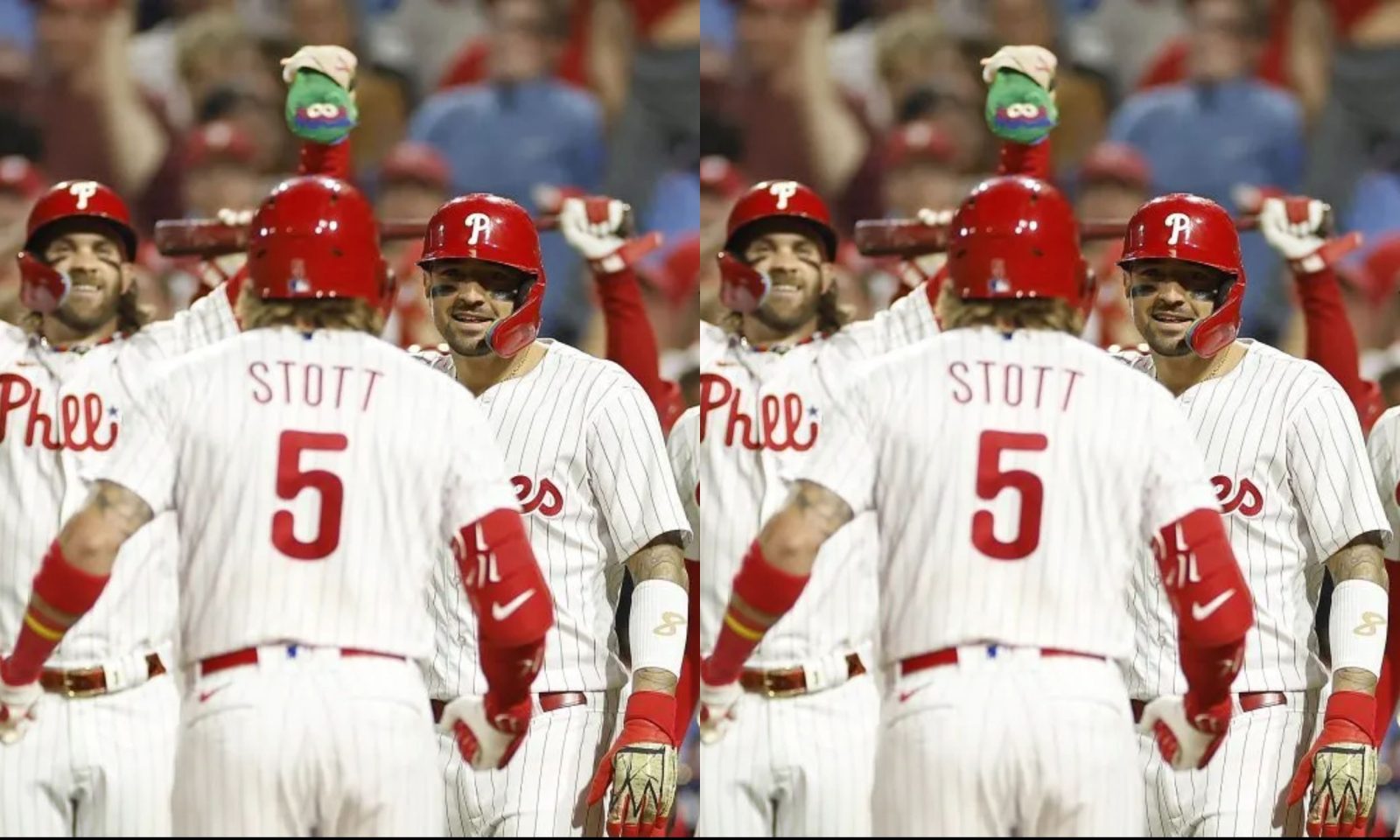
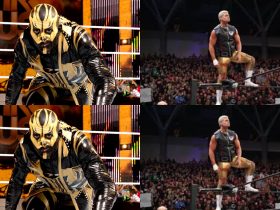




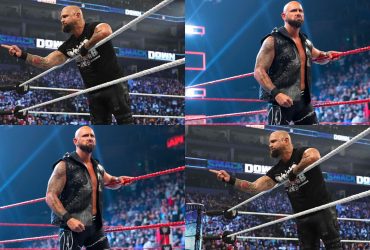
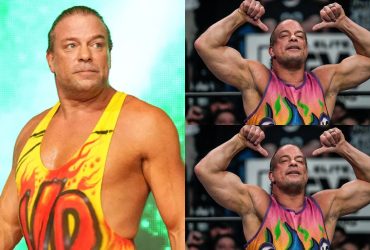

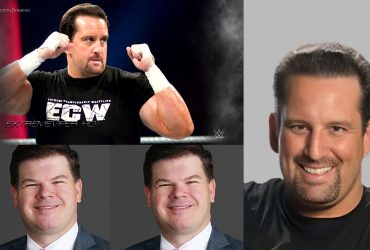
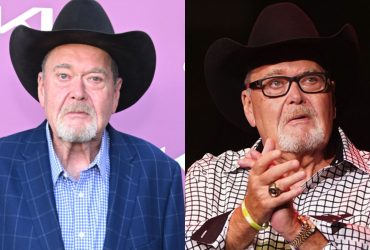
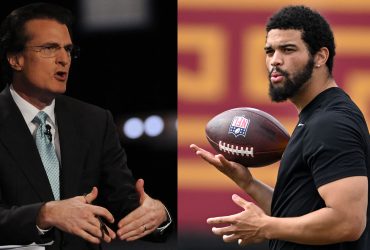
Leave a Reply